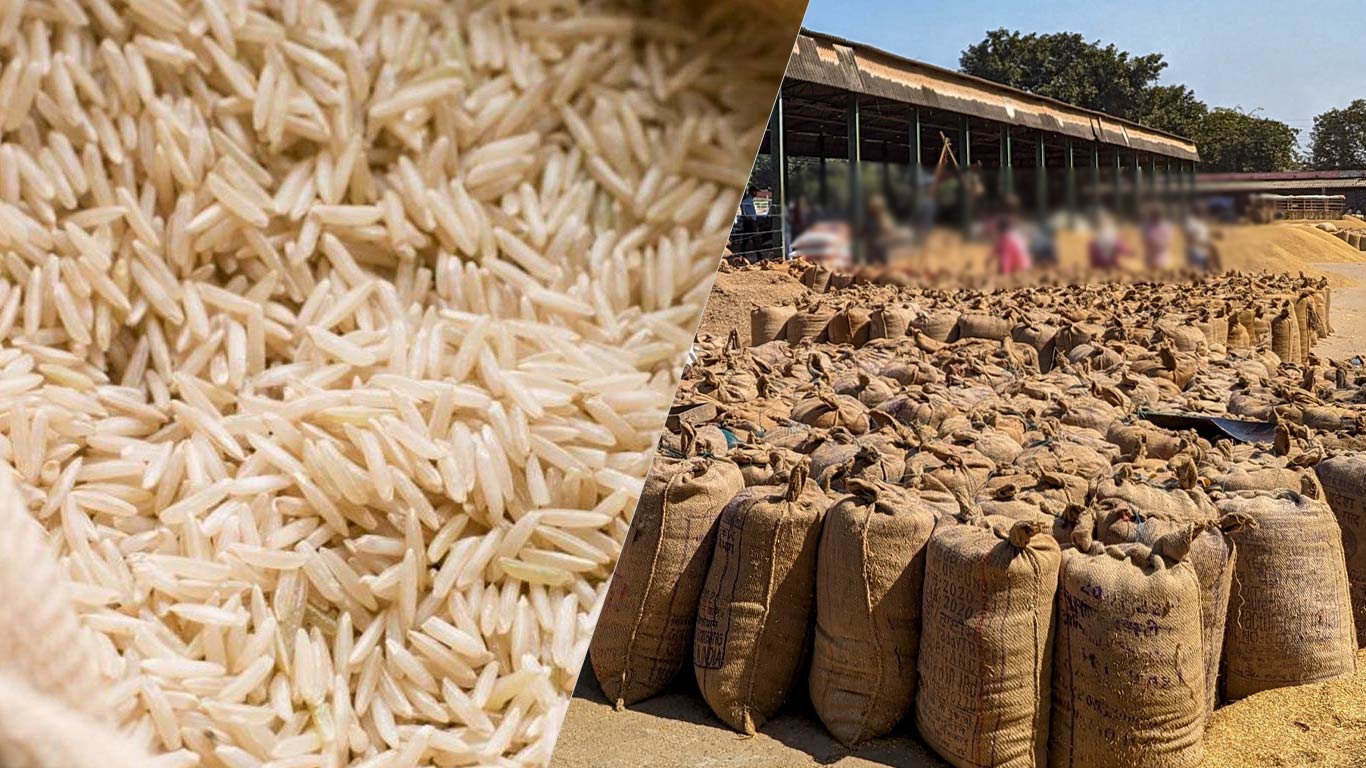Rice Market Faces Tight Constraints Amidst Indian Export Restrictions
Updated: Jan 10, 2024 05:27:27pm

Rice Market Faces Tight Constraints Amidst Indian Export Restrictions
New Delhi, Jan 10 (KNN) The rice market is poised to stay constrained in the early months of the year due to India's continued export restrictions and an anticipated surge in demand during festivals. This dynamic is likely to fuel further increases in already elevated prices.
Given that rice is a crucial staple in the diets of billions, any additional price gains could strain household budgets. The Asian benchmark, Thai white rice 5 per cent is already broken and has reached a new 15-year high of USD 659 per ton after the previous year.
“We know rice markets will remain tight for the foreseeable future, largely due to India’s export ban,” stated Peter Clubb, a commodities market analyst affiliated with the International Grains Council in London, reported FE.
Clubb mentioned, “We also have Eid coming up in April, and the period before Eid tends to see good demand from markets with significant Muslim populations in Asia and Africa.”
India, the leading exporter, is anticipated to maintain its export restrictions at least until the upcoming general election in April or May as Prime Minister Narendra Modi aims to manage local prices ahead of the polls.
Additionally, concerns about the onset of El Niño and its potential effects on crucial growing regions have further heightened apprehensions about the overall supply.
Countries in Asia and Africa have been urgently working to secure their rice supply since India intensified its restrictions in July.
This has led to a surge in rice inflation in the Philippines, prompting Indonesia to enlist military assistance to enhance output.
Indonesia, a significant rice importer, is preparing for an upcoming presidential election next month, heightening the importance of stabilising its rice supply.
However, the likelihood of prices reaching the 2008 record of above USD 1,000 per ton, coinciding with broader export bans, remains low.
Anticipated relief comes as farmers in Vietnam's Mekong Delta are expected to commence harvesting their new crop this month, easing some of the supply concerns.
The winter-spring harvest is traditionally the period when the nation achieves its largest crop yields.
(KNN Bureau)












